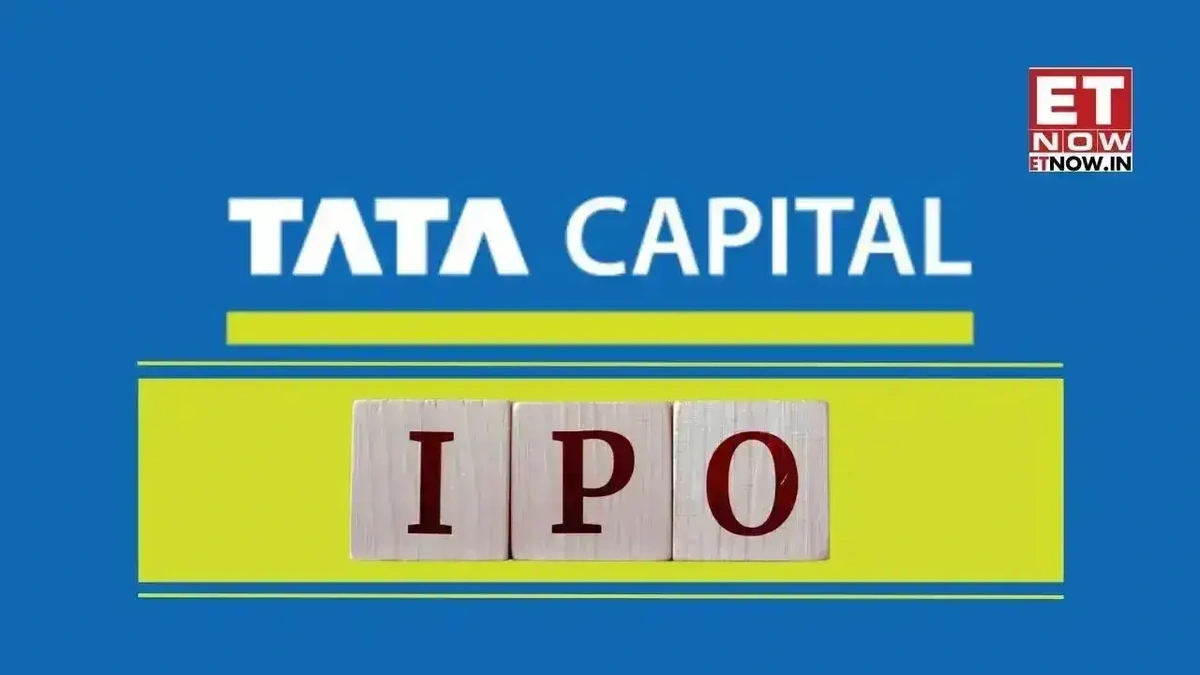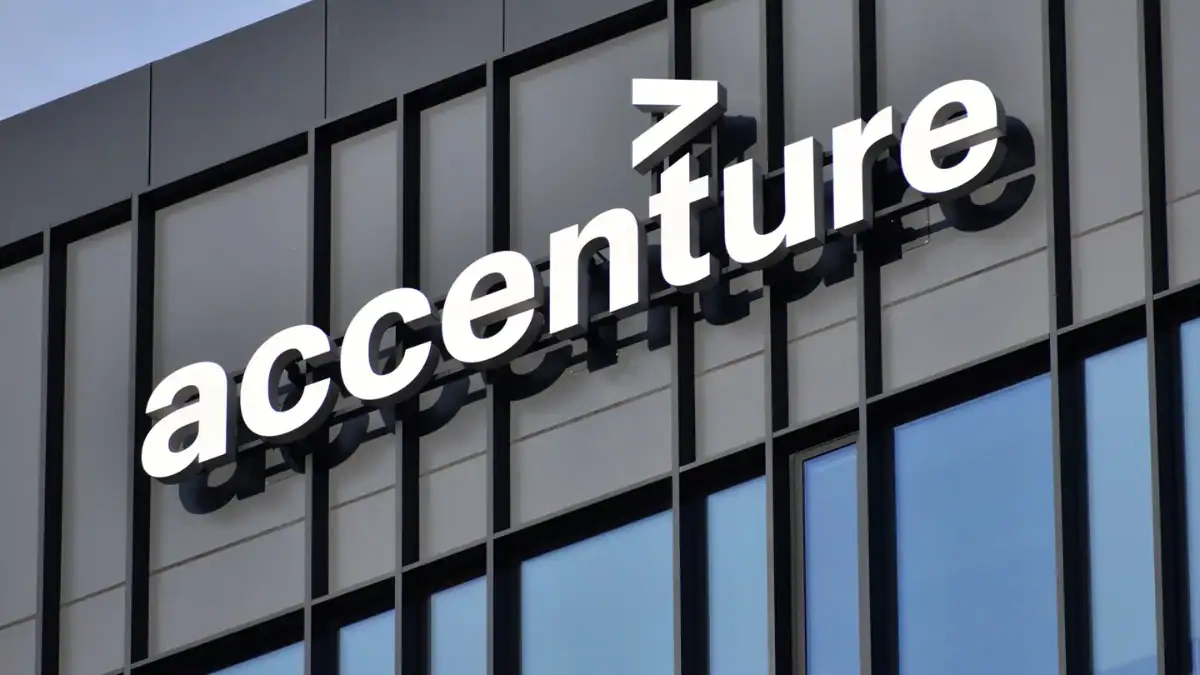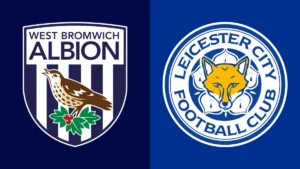Patel Retail | The Grocery Store Chain You Haven’t Heard Of, But Absolutely Should Know About
Alright, pull up a chair. Let’s talk about something you do every week, maybe even every day: buying groceries. You probably have your go-to spot a giant, sprawling hypermarket, a convenient app, or maybe the friendly neighbourhood kirana store. But what if I told you one of the most interesting stories in Indian business right now is happening right in those grocery aisles, and it’s not about Ambani or Damani?
It’s about a company called Patel Retail .
Now, unless you live in certain parts of Gujarat, that name might not ring a bell. And that’s exactly what makes this so fascinating. This isn’t just another company report; it’s a real-world David vs. Goliath story playing out in the cut-throat world of Indian retail. It’s a story about ambition, local pride, and a calculated gamble against some of the biggest names in the country.
So, why should you, a regular person, care about a regional supermarket chain? Because the story of Patel Retail isn’t just about selling dal and detergent. It’s a brilliant case study on the future of Indian business, and it holds some powerful lessons for consumers, investors, and anyone curious about where our economy is headed. Let’s break it down.
Who Exactly is Patel Retail? (More Than Just a Name on a Storefront)
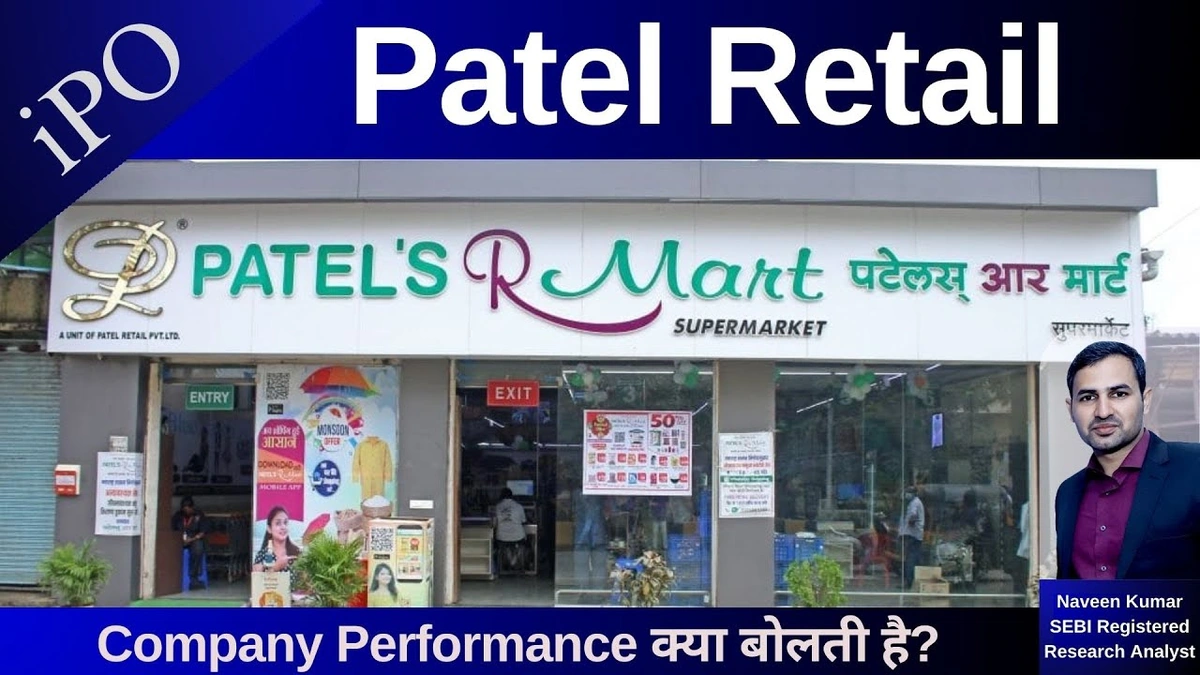
At its heart, Patel Retail is a family-run business that grew big. Founded by Babulal Shivlal Patel, it operates a chain of supermarkets under the brand name “Patel’s R Mart”. Think of it as a local, more compact version of a Big Bazaar or a DMart. As of their public listing, they had over 30 stores, mostly concentrated in and around Jamnagar and Rajkot in the Saurashtra region of Gujarat.
This isn’t a flashy, tech-first, venture-capital-fuelled startup. It’s a boots-on-the-ground, traditional retail business. They sell everything you’d expect: groceries, apparel, household items, the works.
But here’s the crucial detail: their entire strategy revolves around being deeply, almost obsessively, local. They aren’t trying to conquer Mumbai or Delhi. They’re focused on Tier-II and Tier-III cities, areas where they understand the local dialect, the local festivals, and the specific brand of pickles that sells out fastest. This deep-rooted local knowledge is their secret weapon.
It’s a classic story of building a loyal customer base, one neighbourhood at a time. But then, they decided to do something bold: they went public with an IPO. And that’s when things got really interesting.
The “DMart of Saurashtra”? Why Investors Got So Excited

When the Patel Retail IPO hit the market in late 2023, it wasn’t on the main exchange; it was a SME IPO (Small and Medium Enterprise). These are often riskier bets, but the potential for huge returns gets investors buzzing. And buzz it did. The IPO was oversubscribed by a whopping 158 times. Let that sink in. For every one share on offer, there were 158 people trying to buy it.
So, what was all the fuss about? Why did the market go wild for a regional grocery chain?
The answer, in one word, is “DMart”.
Investors are perpetually on the hunt for “the next DMart.” Radhakishan Damani’s Avenue Supermarts (the company behind DMart) is the stuff of legend on Dalal Street for its phenomenal success. And when investors looked at Patel Retail , they saw echoes of the same playbook, just on a much smaller scale.
Here’s what they saw:
- Focus on Ownership: Like DMart, Patel Retail follows an asset-heavy model. They prefer to own their store properties rather than rent them. This is expensive upfront, but it saves them from unpredictable rent hikes and gives them a solid asset base. It’s a long-term strategy that signals stability.
- Deep Value & Local Understanding: They aren’t competing on fancy imported cheeses; they’re competing on offering the best price for ghee, rice, and atta. They understand their customer base isn’t looking for frills; they’re looking for value.
- Targeting Underserved Markets: Instead of fighting in the hyper-competitive metros, they’ve established a stronghold in smaller cities. This is a classic blue ocean strategy—go where the competition isn’t (or is weaker).
Investors saw this potent mix and thought, “Hey, maybe this is a micro-cap version of the DMart story.” The narrative was just too compelling to ignore, creating a frenzy for the SME IPO India market.
But Here’s the Reality Check | The Brutal World of Indian Retail
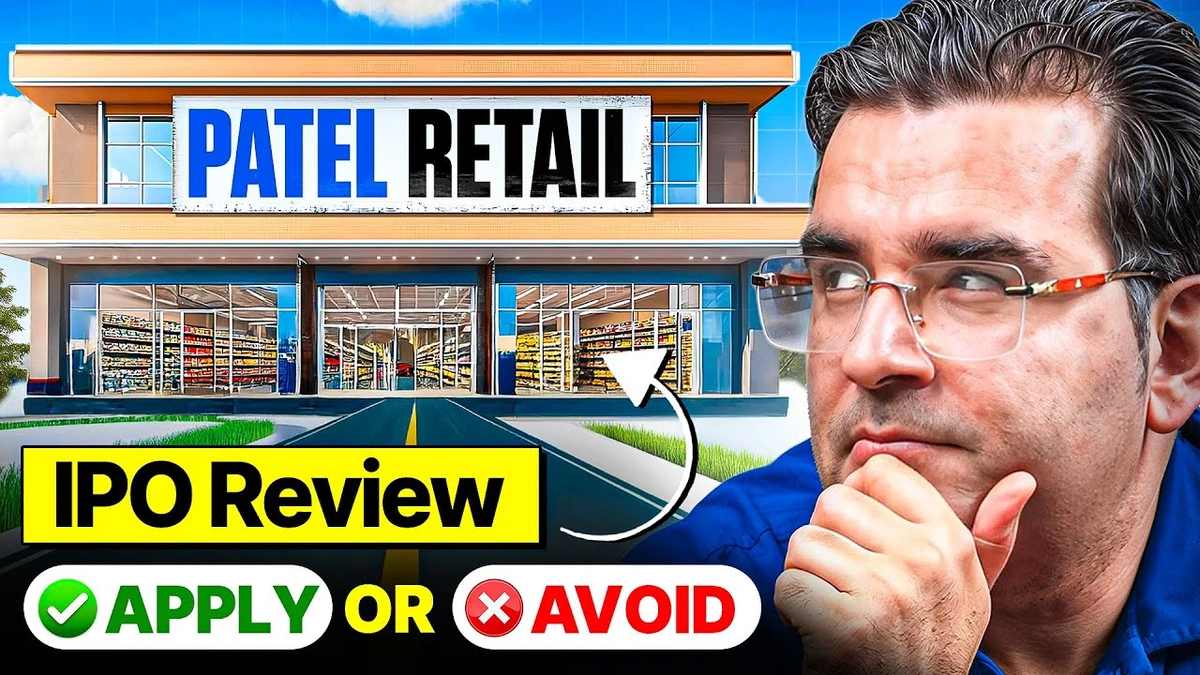
Okay, let’s take a deep breath. The “next DMart” narrative is exciting, but it’s also incredibly difficult to execute. The Indian retail market is not a friendly place. It’s a war zone.
And Patel Retail’s Goliaths are formidable.
First, you have the undisputed king, Reliance Retail . With its vast network of stores (Reliance Fresh, Smart Bazaar, etc.) and the digital might of JioMart, it has unparalleled reach and purchasing power. They can get better prices from suppliers simply due to their sheer scale, a massive advantage.
Then, of course, there’s DMart itself. They are the masters of operational efficiency, with a supply chain that’s the envy of the industry. They are slowly but surely expanding their footprint across the country.
And as if that wasn’t enough, you have the new-age warriors: the quick-commerce players. Companies like Blinkit, Zepto, and Instamart have completely changed consumer expectations. Why drive to a store when you can get your milk and bread delivered in 10 minutes? While their target audience is largely urban for now, their influence is spreading.
For a company like Patel Retail, the challenges are immense. Growth requires huge amounts of capital. Maintaining low prices while giants are constantly running discounts squeezes already thin profit margins. And expanding beyond your home turf, where your local advantage disappears, is a whole different ball game. Check out the latest on the REGAAL Resources IPO GMP for another example of market dynamics. It’s a tough world out there.
So, Should You Care? (Spoiler | Yes, and Here’s Why)
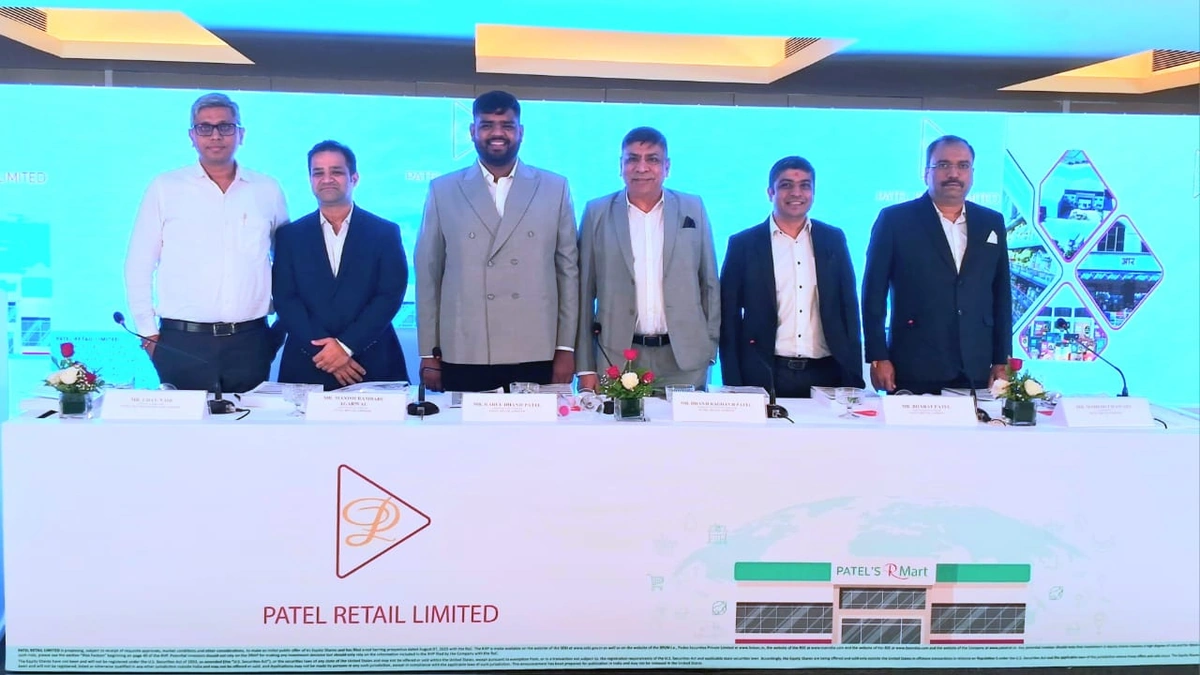
This is where we get to the core of it. Why does this small company’s journey matter to you?
If you’re a consumer, the success of players like Patel Retail is fantastic news. It proves that a deep understanding of local needs can still win. It fosters competition, which keeps the big players honest on pricing and service. The existence of strong regional brands prevents the entire market from being monopolized by two or three national giants. It’s a vote for diversity in your shopping options.
If you’re an investor, Patel Retail is a masterclass in risk and reward. It highlights the potential hidden in India’s smaller towns and the SME sector. But it also serves as a crucial reminder to look beyond the hype. A great story is not enough; you have to scrutinize the financials, understand the competitive landscape, and have a stomach for volatility. A company like this is not a “buy and forget” stock; it’s a “watch very, very closely” one. You can read more about evaluating company financials in our piece on the Sagility Share Price .
And if you’re just an observer of modern India, this is a live-action drama about our economy’s future. Will the future of retail be dominated by a few massive, nationwide corporations? Or will there always be room for nimble, local champions who know their customers by name? The journey of Babulal Shivlal Patel and his company is a test case.
The story isn’t over. Patel Retail has the money from its IPO and a proven local model. Now comes the hard part: scaling up without losing the magic that made them successful in the first place.
Frequently Asked Questions About Patel Retail
What is Patel Retail Ltd.?
Patel Retail Ltd. is a company that operates a chain of supermarkets and hypermarkets, primarily in the Saurashtra region of Gujarat, under the brand name “Patel’s R Mart”. They focus on offering a wide range of goods, from groceries to apparel, at competitive prices.
Was the Patel Retail IPO a success?
In terms of investor demand, it was a massive success. The IPO was oversubscribed by more than 150 times, indicating huge interest from the market. However, the long-term success will depend on the company’s performance and the stock’s stability post-listing.
Who are the main competitors of Patel Retail?
Their main competitors are large national players like Reliance Retail (Smart Bazaar, Fresh), Avenue Supermarts (DMart), and other organized retail chains. They also compete with local unorganized retailers and increasingly, with e-commerce and quick-commerce platforms like JioMart and Blinkit.
Is Patel Retail a good investment?
That depends entirely on your risk appetite. As an SME stock, it carries higher risk and volatility compared to large-cap stocks. While it has a compelling growth story similar to the early days of DMart, it also faces intense competition. It’s crucial for any potential investor to do their own in-depth research and consult a financial advisor.
Where are most Patel’s R Mart stores located?
The majority of their stores are concentrated in Tier-II and Tier-III cities within the state of Gujarat, particularly in the Saurashtra region. Their strategy has been to build a strong presence in these familiar territories before considering wider expansion.
In the end, the fate of Patel Retail will be decided in thousands of shopping carts every single day. It’s a reminder that in business, sometimes the biggest advantage isn’t a billion-dollar balance sheet, but simply knowing what your customer wants better than anyone else. And that’s a story worth following, whether you’re on Dalal Street or just in the dal aisle.


